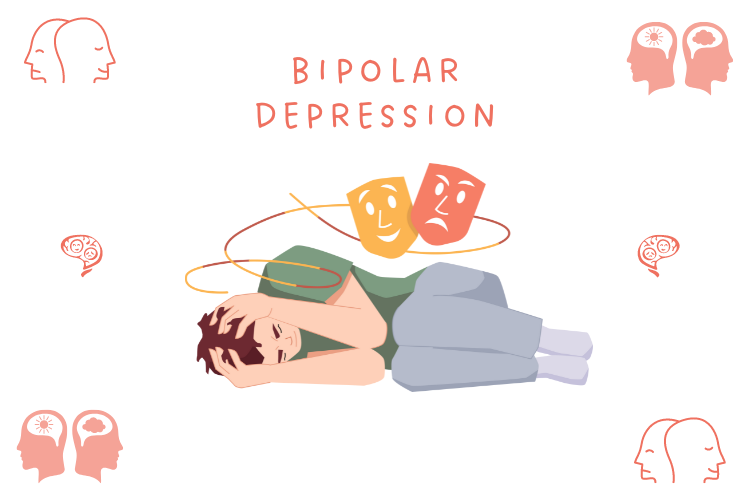Depression, a debilitating mental health condition, affects millions of people worldwide, including a significant number of Indians. The prevalence of depression in India has been a growing concern, and understanding its impact and implementing effective management strategies are crucial to addressing this pressing issue. In this blog, we will explore the depression ratio in India, shed light on the factors contributing to its rise, and discuss proactive approaches to managing and alleviating depression.
Depression Ratio in India
According to recent studies, India has witnessed a significant increase in the incidence of depression in recent years. As per the World Health Organization (WHO) estimates, more than 5.6% of the Indian population (around 70 million people) suffers from depression. The disorder is prevalent across various age groups, socio-economic backgrounds, and geographical locations, indicating the widespread nature of the issue.
Managing Depression in India
While the increasing depression ratio is a cause for concern, it is essential to recognize that depression is a treatable condition, and timely interventions can significantly improve the quality of life for affected individuals. Here are some effective strategies for managing depression in India:-
Enhancing Awareness and Reducing Stigma: Government and non-governmental organizations should collaborate to raise awareness about mental health issues and challenge the stigma surrounding depression. Community education programs can play a crucial role in dispelling misconceptions and promoting understanding.Strengthening Mental Health Infrastructure: Investing in mental health facilities and increasing the number of mental health professionals across the country is vital to ensuring accessible and timely support for those in need.
Promoting Psychological Support in Educational Institutions: Schools and colleges should prioritize students' mental well-being by offering counseling services and stress-management workshops.
Encouraging Open Communication: Encouraging open conversations about mental health within families and workplaces can create a supportive environment for individuals to seek help without fear of judgment.
Emphasizing Work-Life Balance: Employers can adopt policies that promote work-life balance and prioritize the mental health of their employees.
Integrating Traditional Healing Practices: India has a rich heritage of traditional healing practices like yoga and meditation. Integrating these practices into mental health management can be beneficial in reducing stress and improving overall well-being.
Conclusion
he current situation of mental health in India, as highlighted by WHO research, presents a complex picture with both challenges and opportunities. The prevalence of mental health disorders, coupled with stigma and limited access to healthcare, necessitates urgent action. Nevertheless, there is growing recognition of the importance of mental health and a willingness to address these issues at both individual and societal levels.



